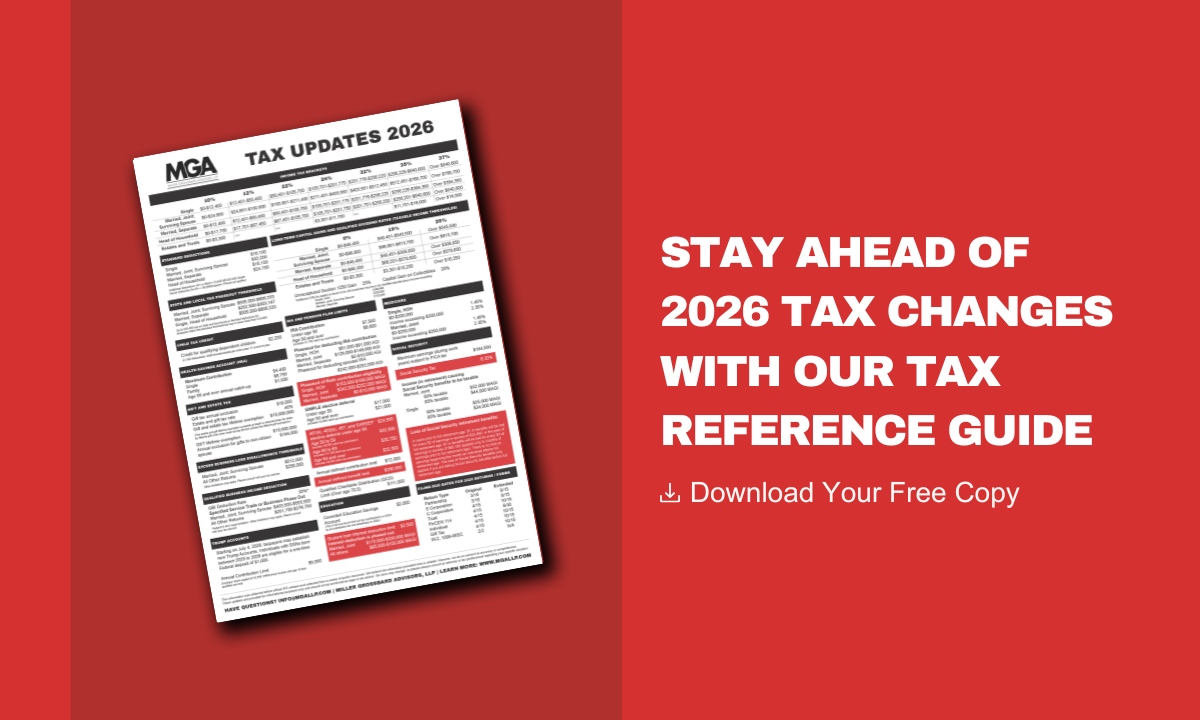The recently enacted Coronavirus Aid, Relief, and Economic Security (CARES) Act created special, temporary provisions affecting retirement funds in 2020. Below is a brief summary of the significant changes you should know.
Retirees Who Wish to Preserve Depressed Retirement Assets
The new law suspends the existing 2020 required minimum distributions (RMDs) requirements for certain qualified plans, like IRAs or a 401(k)s. Account holders who don’t need the cash flow from their RMDs can preserve their depressed retirement assets due to the stock market decline while continuing to defer income tax.
This suspension is not limited to participants affected by the coronavirus, unlike the other provisions we cover in this blog post.
Coronavirus-Related Emergency Liquidity for Taxpayers
The CARES Act allows taxpayers who are affected by COVID-19 to make penalty-free withdrawals from retirement accounts. The waiving of the 10% penalty applies to withdrawals made from January 1, 2020, to December 31, 2020, with the maximum distribution being $100,000. Income taxes will still be owed on the withdrawn amounts. However, the new rules allow the income tax to be paid over three years.
Account holders qualify if:
- They are diagnosed with COVID-19.
- A spouse or dependent is diagnosed with COVID-19.
- They experience adverse financial consequence due to COVID-19, such as being quarantined, furloughed, laid off, having work hours reduced, being unable to work due to lack of childcare, or other factors as determined by the Treasury Secretary.
The new law also makes changes to loans from 401(k) plans, which can typically be a better alternative than permanent hardship withdrawals. Through the end of the year, current retirement plan loan limits are increased to $100,000 for loans that are made within 180 days of March 27, 2020.
Taxpayers with an outstanding loan from their plan can delay their repayments that are due through December 31, 2020, for up to one year.
There Are Many Moving Pieces — We Are Here to Help
This sweeping legislation alters many rules across the board, like the rules for retirement funds mentioned here. We are here to help you navigate these changes and to make the complex simple during these challenging times.
As we continue to flesh out the details of the CARES Act, we will continue to share some of the most significant changes with you.
Head over to COVID-19 Resource Center to learn more, or click here to subscribe to our COVID-19 e-blasts to make sure you don’t miss a beat.
.png?width=191&name=mgalogofinal-01%20(3).png)





